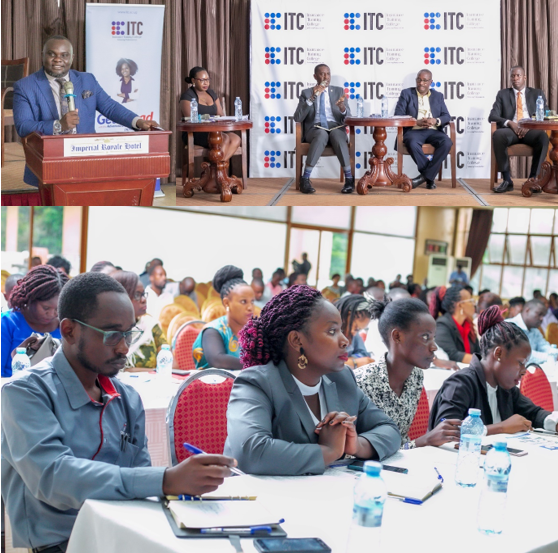
“Insurance agents are the most important players in the insurance industry, without them, there is no insurance business to talk about,” said Saul Sseremba, CEO/Principal ITC at the opening of the insurance agent’s forum on March 30th 2023, at Imperial Royale Hotel, Kampala. The forum was organised by the Insurance Training College.
Insurance agents play a critical role in this industry as they help to market insurance products and connect potential clients with insurance companies. However, there was a government resolution to tax insurance agents in Uganda, a move that generated mixed reactions from various stakeholders.
Proponents of the tax argued that insurance agents make substantial commissions from the sale of insurance policies and, therefore, should contribute a fair share of their earnings towards the country's development. Opponents believe that taxing agents could hinder the growth of the industry in one way or another. To be fair, there is no profession that is too happy about being taxed.
For context, insurance agents are independent contractors who work on a commission basis. They do not receive a fixed salary from insurance companies and are not entitled to employee benefits such as health insurance or pensions. However, insurance agents are required to pay income tax on their earnings, just like any other individual engaged in income-generating activities. This would significantly reduce their earnings, making it difficult for them to sustain their businesses. The assumption however is that they have other sources of income.
Income tax is imposed on the taxable income of an individual, which is the income earned from all sources less allowable deductions. In the case of insurance agents, their taxable income would be the commissions earned from selling insurance policies less any allowable deductions such as business expenses and depreciation.
Unfortunately, many agents in the industry continue to ignore the taxman’s requirements largely because of little understanding of how to approach the issue – how to remit, when, and the implications of not paying the income tax.
As a solution, ITC together with UIA organised an insurance agents’ forum to educate agents about their tax obligations and what industry players are doing to ease the pain. In his address, Jonan Kisakye, the CEO, UIA assured agents that addressing the taxation issue was top of the association’s agenda which is already in advanced talks with URA and other stakeholders.
The guest speaker was Fredrick Izooba, a seasoned tax consultant and a member of the team involved in the lobbying process for tax reforms. Other guests included Ivan Turyamusiima, the Chairman UIAA, and Saul Sseremba, CEO-ITC.
While the taxation of insurance agents in Uganda may seem like a viable option for increasing revenue for the government, it is important to consider the potential impact of such a move on the industry and the wider economy. It is crucial to strike a balance between generating revenue for the government and supporting the growth of the insurance industry, which is still in its infancy stage in Uganda. Therefore, policymakers should engage all stakeholders in the insurance industry to come up with a solution that benefits everyone. This could involve exploring other options for increasing revenue, such as providing tax incentives for agents who meet certain performance targets.